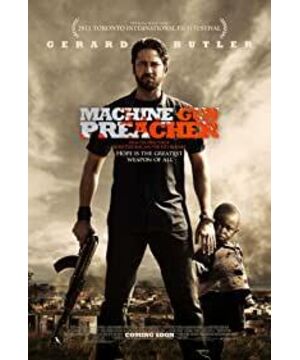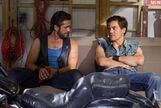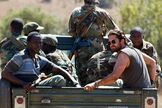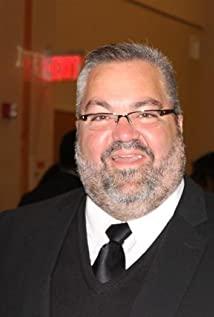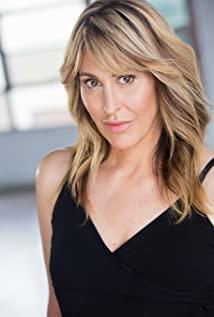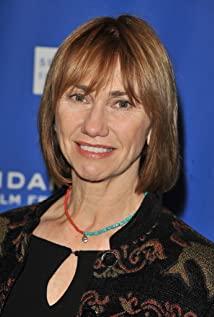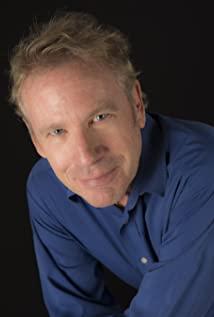It looks real, but it is full of misleading.
In this context, "The Godfather of Machine Gun" is even more interesting. "The Godfather of Machine Gun" is adapted from real people and stories. Sam Childers changed his mind, turned to Christ, and accepted the oracle to Sudan in Africa, and set up an orphanage in the close combat zone of North Sudan, and set up a church in his place to support the work of the local orphanage. "The Godfather of Machine Gun" can be said to go against "KONY 2012". Although it is a real thing, it is expressed in a fictional story; it looks false, but it is sincere in many places.
One of the criticisms of "KONY 2012" is that they strive to make people Like and Share on the Internet, with the purpose of making Joseph Kony famous and making his atrocities public. However, the actions of Like and Share are too cheap and far from reality, as if operating on the keyboard is equivalent to saving the world. This action also makes us lazy to think, lazy to understand the ins and outs of things, from understanding, thinking to action, we have found agents to act on our behalf. Isn't this the agency culture that governs our actions in modern society?
Sam in "The Godfather of the Machine Gun" does not want to be an agent. He wants to leave the real desert and walk into the reality: not just sitting in the church and listening to the sermons and then donating, but crossing the barrier of reality to reach the reality, whether it is understanding or thinking And actions are both on the ground and facing the truth. Of course, this does not guarantee that everything he did is righteous, especially if you are in a war/fight, killing becomes inevitable. Thus, we will raise moral questions, just like the battlefield medical care in the movie: Can rescue be based on killing? The female medical nurse also pointed out that Kony was not based on religious justice and relief as Sam did. This also laid the groundwork for Sam to become a demon: he saw the hypocrisy of American believers, and was disappointed that God stood idly by in his evil deeds, so he planned to retaliate with his faith and ability.
In the end Sam was able to recover from the road to becoming a devil, relying on the story of an orphan: his father was killed by Kony’s army, and the army forced him to kill his mother. In the end, he did kill his mother. However, he said very thoroughly: If we allow ourselves to be full of hate, then they've won. The English-speaking orphan seems to be the incarnation of the director who enters the movie to dissolve the obsession of the devil. This sentence not only breaks the obsession, but also transforms the entire movie: individual hatred, gains and losses, transformed into collective hatred, or love, and this is the basis of Christian universalism. Because of this, the last two scenes of the movie are touching: Sam plays football on the sand to regain his innocence, and finally takes back the orphans from the Kony army and waits for them in the wilderness. It is this innocence that allows him to see the beauty of the world and confirms that he should wait for the children to the end, even if it exposes them to danger.
However, the ethical dilemma has not been resolved: can rescue be based on killing? At the end of the film, a real person Sam’s appearance was recorded: If your children or family members are kidnapped... and I tell you I can take them home, does the question of how to bring them back still matter? (If your child or your family member was abducted today… and if I said to you, "I can bring your child home," does it matter how bring him home?) Readers, what do you think?
View more about Machine Gun Preacher reviews


